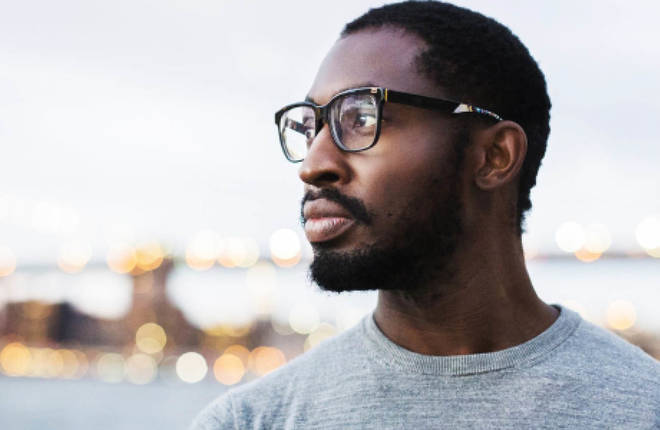Speak No Evil A vivid coming- of-age story
A gay student in Washington DC feels the backlash from his religious Nigerian parents in a novel that examines homophobia and racial injustice in the US In his first book, 2005’s Beasts of No Nation, Uzodinma Iweala studied the heartbreaking child soldier phenomenon that characterised most west African conflicts of the 1980s and 90s. The […]


A gay student in Washington DC feels the backlash from his religious Nigerian parents in a novel that examines homophobia and racial injustice in the US
In his first book, 2005’s Beasts of No Nation, Uzodinma Iweala studied the heartbreaking child soldier phenomenon that characterised most west African conflicts of the 1980s and 90s. The book’s strongest feature, apart from its anti-war theme, was its mix of Nigerian pidgin English and Sierra Leonean creole. The focus for Iweala’s second novel, by contrast, is a high school student, Niru, living in Washington DC, who is struggling to come to terms with his gay identity and the homophobia he faces from his family and from society.
This is a book with a multiplicity of themes that at times threaten to stretch it at the seams; it’s a story about coming of age and immigration, and explores racial injustice in the US. But the dominant theme of Niru’s growing awareness of his sexual identity, and the backlash to it, is established early on, when his only friend, Meredith, a white girl, invites him home and tries to kiss him. A tense moment ensues, and through his anxiety and horror he blurts out that he is gay.
This revelation sets Niru on a collision course with his Nigerian parents. Niru’s family is successful and aspirational: the mother is a doctor, the father a CEO with an MBA from Columbia University. Mr Ikemadu drives a Range Rover, and their Georgetown house has a swimming pool. But “for all the years they’ve lived abroad, they are still so very Nigerian”. Their parenting style is strict, exacting, disciplinarian, and when they discover their son’s “deviant” sexuality, it threatens the very foundation of their existence. Conservative, devoutly religious and unremittingly homophobic, Niru’s parents turn to the church in an attempt to rid him of what they believe to be a curable ailment. They start with Reverend Olumide.
One of Iweala’s strengths as a writer is his use of detail to illustrate place, character and situation. The pastor’s church has stained glass windows and doors made from Nigerian mahogany, and his parishioners are socially diverse. “Nigerians, Ghanaians, Cameroonians, Congolese. Some work for embassies. Some are taxi drivers. Some are illegal, but all are truly welcome.” After the prayers with Reverend Olumide, Niru’s father takes him all the way to Nigeria for more prayers with another pastor, Bishop Okereke. This Nigerian section serves as an interlude, a moment of local colour that emphasises the fact that “homosexualism”, as the bishop calls it, is a serious crime in some parts of the world, with same sex couples in Nigeria facing a punishment of up to 14 years in prison. The trip to Mr Ikemadu’s poverty-stricken village also highlights the immigrant trope. We understand how far he has come in life when we find out that his father was very poor and died an alcoholic. Despite his American prosperity, Mr Ikemadu refuses to restore or even maintain his late father’s house, leaving it in a dilapidated state so he can always remember, and remind his children of, his disadvantaged past.
Niru suffers all this rather passively. In most things, even those that matter deeply to him, he lacks agency. He is an athlete, and some of the best passages in the book are about running, but even then we never see him rejoice in it; rather, it is a metaphor for escape. Niru runs away from his father. He runs away from Damien, his lover, and despite being the fastest in his school, he decides to give up running when he gets to Harvard. The only time he is happy and playful is when he is with Meredith. She loves him unreservedly and unconditionally. They “were supposed to live in an apartment in New York, then a row house in Dupont Circle, and settle in Foxhall or Kalorama with our beautiful biracial children, an older girl and younger boy”.
Most of the second half of the novel, narrated by Meredith, explores the impossibility of this racial utopia in the US. However, the book’s power doesn’t come from its overt topicality, but from the way the author seeds tiny, intricate moments within the narrative. Washington is brought to life in all its beauty and its ugliness. The streets, the Potomac river, the coming of spring when “the days grow increasingly hot and humid, but the nights hold on to winter for as long as possible”; the imposing, soulless buildings and monuments – all are vividly captured. This is a memorable book from an important talent.
Source: theguardian.com
